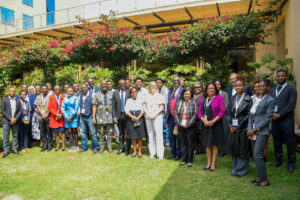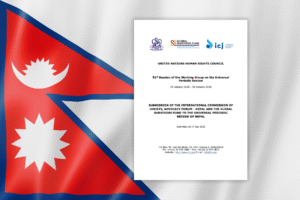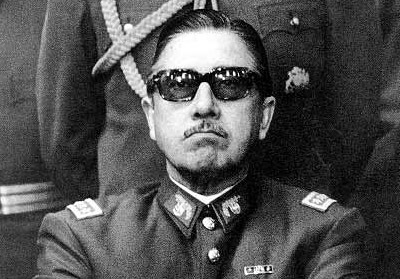

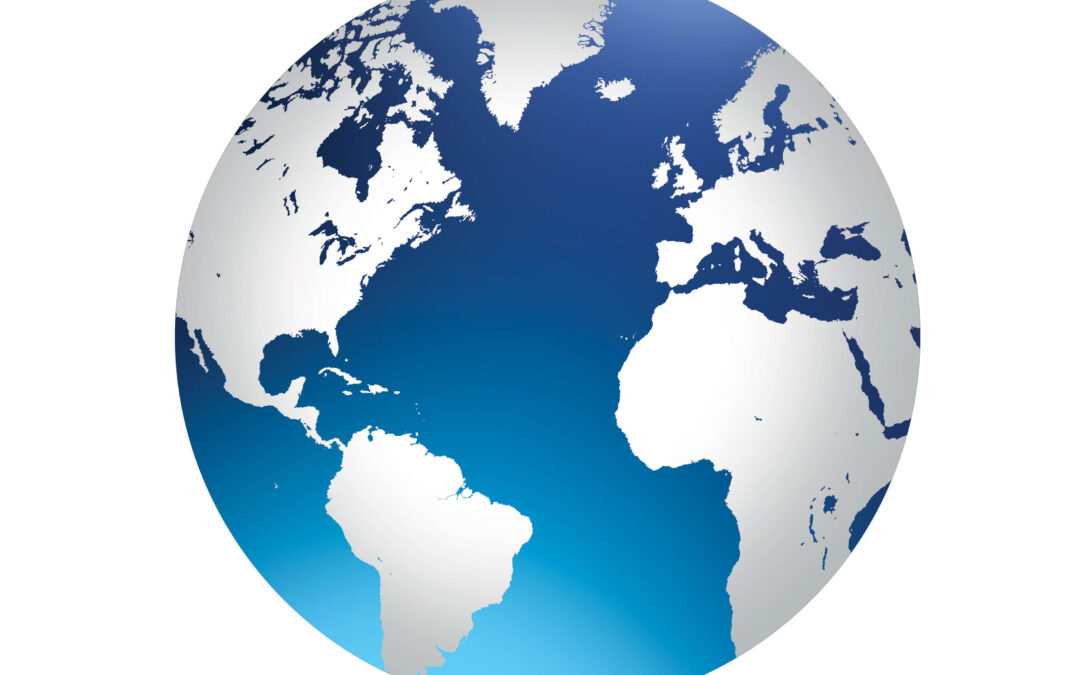
ICJ Review no. 61 (June 1999)
The purpose of the Review is to focus attention on the problems in regard to which lawyers can make their contribution to society in their respective areas of influence and to provide them with the necessary information and data.
This edition is entitled “Globalisation, Human Rights and the rule of Law” and features:
- Articles:
- -The rule of law in a changing world, by Adama Dieng
- -WIPO and the rule of law in a changing world, by Kamil Idris
- -Globalisation and the rule of law, by Andrew Clapham
- -The direct application of human rights standards to, and by, transnational corporations, by Laurence Dubin
- -The impact of globalisation on human rights: challenges, opportunities and issues to be explored by the International Commission of Jurists, by Marco Sassoli
- -The rights of the defence in the law and practice of the International Criminal Tribunals, by Carlos Lopez-Hurtado
- Basic texts:
- -The Cape Town Commitment (1998)
- -The Guiding Principles on Internal Displacement (1998)
- -The Worst Forms of Child Labour Convention (1999)
ICJ Review-61-1999-eng (full text in English, PDF)
ICJ Review-61-1999-spa (full text in Spanish, PDF)
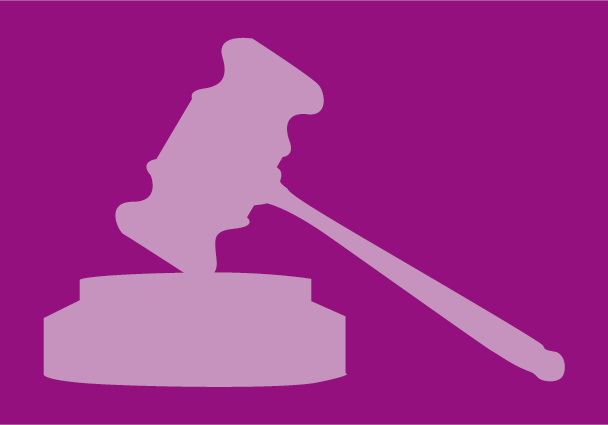
Attacks on Justice: the harassment and persecution of judges and lawyers, March 1997 – February 1999
The CIJL has been issuing reports on the attacks on judges and lawyers every year since 1989. Throughout the year, we gather information on issues related to the independence of the judiciary and legal profession around the world.
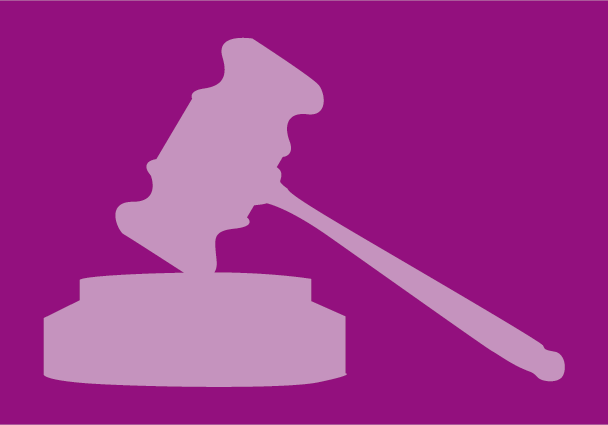
CIJL Yearbook: the judiciary in a globalized world, vol. VII, 1999
This issue of the CIJL Yearbook contains:
- Editorial
- The Judiciary and Constitutionalism in a Democratic Society, by Idmail Mahomed
- The Role of International Financial Institutions in Judicial Reform, by Diego Garcia-Sayan
- The Courts of the Future, by Michael Kirby
- The UN Specia l Rapporteur on the Independence of Judges and Lawyers, by Param Cumaraswamy
- Judicial Independence vs. Judicial Accountability: A Debate
- An Introduction, by P. N. Bhagwati
- A Comment, by Jerome J. Shestack
- Reflections on Judicial Independence, Impartiality, and the Foundation of Equality, by Claire l’Heureux-Dubé
- A Note on the CIJL Protection Work, by Marie José Crespin
CIJL Yearbook-judiciary in a globalized world-VII-1999-eng (full text in English, PDF)
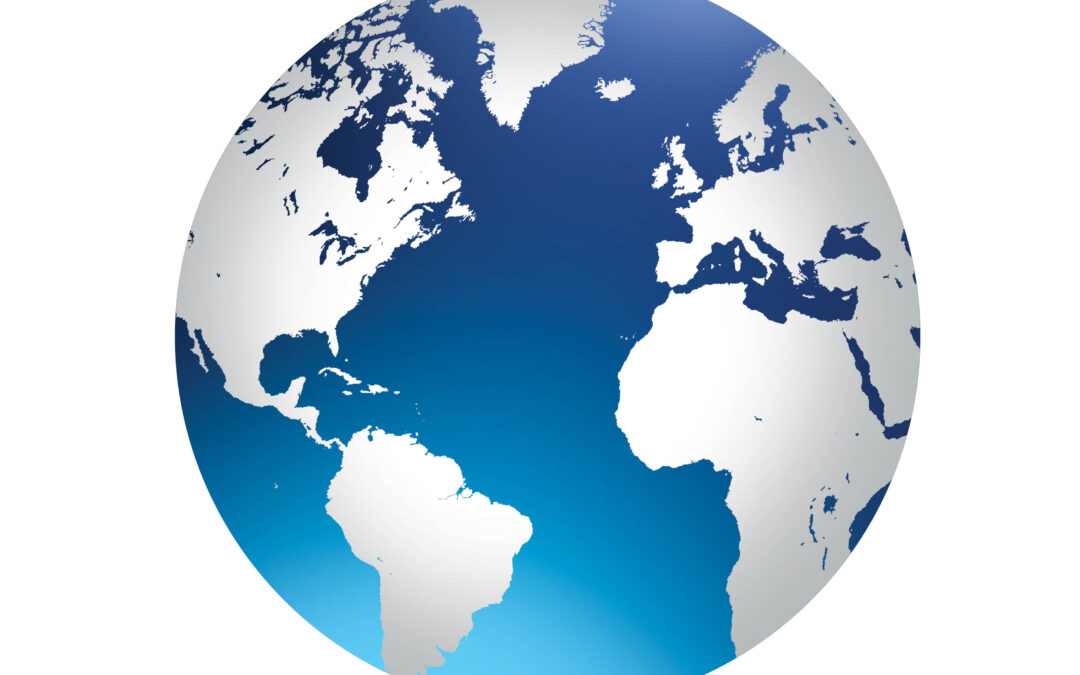
ICJ Review no. 60 (June 1998)
The purpose of the Review is to focus attention on the problems in regard to which lawyers can make their contribution to society in their respective areas of influence and to provide them with the necessary information and data.
The national constitutions and other topics examined in this special issue of the Review bring out one point forcefully: the evolving African constitutionalism is a constitutionalism of human rights and liberty. In all the constitutions discussed, the themes o f democracy and respect for human rights are emphasised prominently. There is experimentation in new forms of governance, sure enough, but the thread running through these experiments is an insistence on democratic legitimacy – with the meaning of democracy left open as the experiments unfold.
This special edition is constructed as such:
- Introduction:
- -The evolving African constitutionalism, by Bertrand G. Ramcharan
- Articles:
- -Elements of constitutionalism, by Louis Henkin
- -Constitutionalism in Africa: emerging trends, by Mpazi Sinjela
- -The Rule of Law and political liberalisation in Africa, by Amedou Ould-Abdallah
- -Africa and the Universal Declaration of Human Rights, by Kofi Kumado
- -The Ghanaian constitutionalism of liberty, by Bertrand de Rossanet
- -Innovations in the Interim and 1996 South African Constitutions, by Jeremy Sarkin
- -The ‘No Party’ or ‘Movement’ democracy in Uganda, by George B. Kirya
- -Ethiopia: constitution for a nation of nations, by Fasil Nahum
- -The Algerian Constitution: a constitution based on the separation of powers and the protection of individual and collective freedoms, by Abdallah Baali
- -The Supreme Court and its role in the Egyptian judicial system by Awad Mohammad El-Morr, Abd El-Rahman Nossier and Adel Omar Sherif
- -Human rights and the structure of security forces in constitutional orders: the case of Ethiopia, by James C. N. Paul
- -Election and electoral systems in Africa: purposes, problems and prospects, by Amare Tekle
- -African conflict prevention mechanisms: the evolving doctrine of democratic legitimacy, by Bertrand G. Ramcharan
- -Victims of abuse of power with special reference to Africa, by Daniel D. Ntanda Nsereko
- Document:
- -The question of the impunity of perpetrators of human rights violations – a letter from the Permanent Representative of Ethiopia to the United Nations
- Basic texts:
- -African Charter on Human and People’s Rights (1981)
- -Protocol to the African Charter on Human and People’s Rights on the Establishment of an African Court on Human and Peoples’ Rights (1998)
- -Harare Declaration of Human Rights (1989)
- -Harare Commonwealth Declaration (1991)
- -Bloemfontein Statement (1995)
- -The Windhoek Declaration on Democratic Institutions and the Transition to Democracy in Africa (1993)
ICJ Review-60-1998-eng (full text in English, PDF)
ICJ Review-60-1998-spa (full text in Spanish, PDF)



